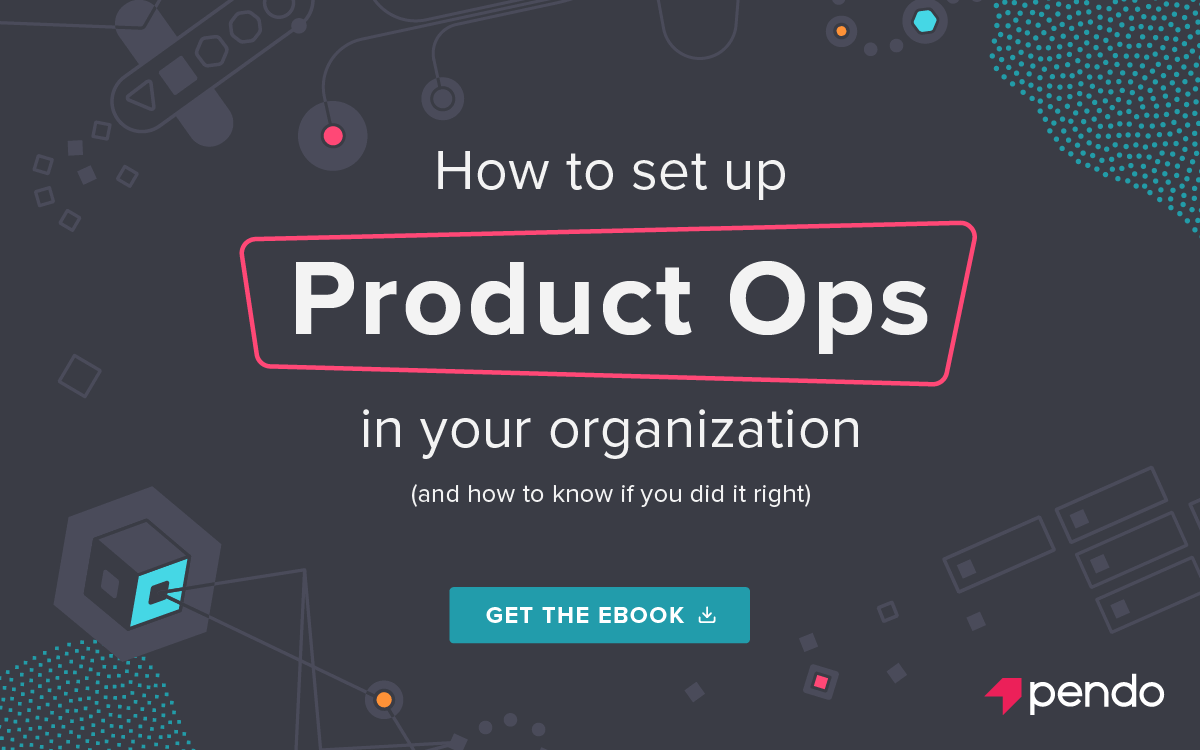While product ops is becoming more common (especially for technology companies experiencing rapid growth), our research has shown that without a dedicated product ops function, the responsibilities are often absorbed by multiple people across the organization. This approach can work… until it doesn’t.
For a role that’s meant to drive efficiency, it’s not very efficient if the responsibilities are dispersed among multiple people with other defined roles of their own. And in reality, the benefits of product ops (better alignment across teams, product managers being freed of administrative tasks, data cleanliness, etc.) grow exponentially when there’s a dedicated person or team attached to them.
So, to help those who may be hiding in the shadows, we’re sharing some telltale signs of a product ops pro — whether they realize they’re one or not.
1. You’ve taken it upon yourself to manage the product team’s tech stack
Product teams rely on a lot of tools to do their jobs effectively. But with each new system added to the stack comes more confusion about which one does what, who the admin is, and what best practices look like. Enter: product ops.
The product ops organization not only manages the entire product tech stack, but establishes processes and provides training so that the broader team can get the most out of each tool. If you jump at the chance to help onboard new product team members to your systems or created documentation around the different tools your team uses, you’re already doing part of the product ops job.
2. You’re the go-to product point of contact for sales, marketing, and customer success teams
Working in any product role is inherently collaborative, but product ops exists to help bridge gaps and ensure the product organization is in-sync with its go-to-market counterparts. This could include sitting in on other teams’ weekly meetings, as well as more specific projects like working with marketing on persona definitions and partnering with revenue operations to incorporate product data into business health metrics.
Even if you’re not working on specific, tactical projects with your marketing, sales, and customer success (CS) teams, think about how you collaborate with members of these teams. If it’s on a consistent basis, you may be acting as the resident product ops pro without even realizing it.
3. If you could spend the entire day collecting, organizing, and analyzing product data, you would
These days, there’s more product data available than ever before — from product usage, performance, and retention rates to NPS, customer feedback, and feature requests (just to name a few). Data is a big part of any product person’s job, but it’s absolutely critical to product ops.
When it’s an established function, the product ops organization is responsible for not only collecting and managing product data from multiple outlets, but analyzing it and sharing insights with stakeholders across the company. If you think you might be a shadow product ops person, think about how often you work with product data — or how often you’d like to.
4. You’re the unofficial keeper of experimentation schedules
As product teams grow, so does the number of experiments they run. Product ops helps eliminate friction in the experimentation process, which enables product teams to run more (and more efficient) experiments. Maybe your team already has processes and documentation in place for experimentation — or maybe you jumped in to help create a single source of truth for experiment information, segment user populations, or establish clear experimentation workflows from start to finish.
5. Team members turn to you for product information like roadmap updates and feature documentation
If you find yourself constantly fielding requests for information or answering questions about the product, you may already be doing a big part of the product ops job. From enablement materials, to feature overviews, to the timing of an upcoming release, product ops is the go-to person for product knowledge, and works with sales enablement and product marketing to get resources into the hands of the right people.
6. You created processes and documentation around customer feedback collection
Customer feedback can live in many forms, coming in through different channels and impacting multiple teams across the organization. But in order for it to be useful in informing product decisions, that feedback needs to be organized and maintained effectively.
Since feedback is such an important qualitative data point, product ops is often responsible for coordinating efforts around customer feedback, for example by monitoring all feedback channels and surfacing information to CS and product teams.
7. You’re constantly getting pulled into meetings with leadership
When product ops is up and running, the data and insights they provide are extremely valuable to those making product-related decisions. If you’re consistently asked to join leadership meetings to present things like product health data or roadmap suggestions (based on data, of course), you’re likely filling the need for product ops already.
Ready to see if you’ve been a product ops person all along? Take this quiz to find out.



